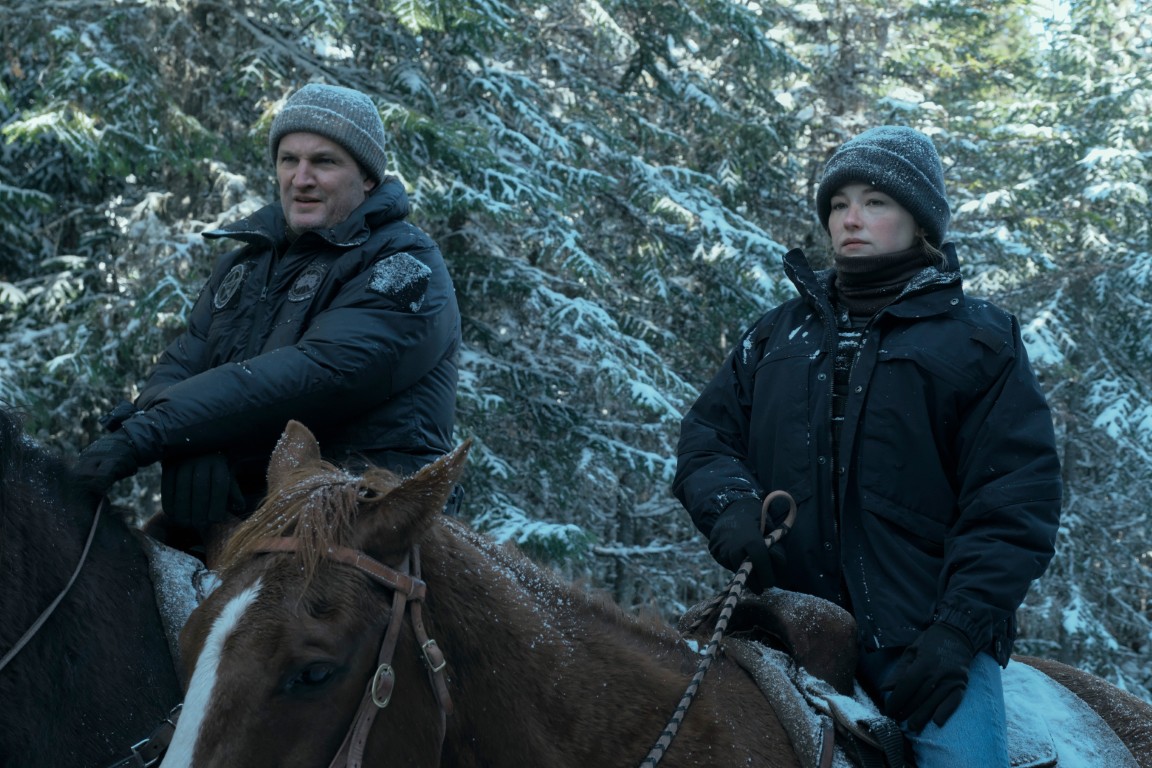
"It's easy, watching the first episode of Apple TV+'s new action thriller "The Last Frontier," to get your hopes up. At least off the back of its action sequences, anyways, and the tawdry fun of its premise: A Con Air-like passenger transport crash-lands spectacularly in the Alaskan forest, letting loose dozens of dangerous criminals who will kill and scheme for their last shot at freedom,"
"It's a shame, really, considering the show comes partially courtesy of the kind of hands you'd want to place this kind of thriller in: "Extraction" director Sam Hargrave (a steady hand with ambitious action sequences) and "The Blacklist" creator Jon Bokenkamp (who co-created this show with Richard D'Ovidio). Problem is, it's a work of network schlock with prestige clothing, and the big-budget dressing paradoxically gets in the way of how silly the show wants to be."
"After the stunning plane crash sequence, a feat of fight choreography amid a flaming, crashing passenger liner, we zoom down to the small town those baddies are about to beset. We meet our aforementioned sheriff, Marshal Frank Remnick ( Jason Clarke), a family man trying to put his life together with his wife (Simone Kessell) and son (Tait Blum), after big-city life traumatized them in ways that, when seen in flashback, read as exploitative"
The Last Frontier opens with a Con Air-style passenger plane crashing in the Alaskan woods, releasing dozens of dangerous convicts. A small-town marshal, Frank Remnick, a family man with unexpected combat skills, must hunt the escapees while rebuilding life with his wife and son. The pilot, directed by Sam Hargrave, delivers a spectacular, tightly choreographed crash and action sequences. The series benefits from big-budget production and experienced creators but struggles with uneven tone, exploitative flashbacks, and narrative bloat across ten episodes that blunts its pulpy momentum and undercuts the show’s willingness to be silly.
Read at Roger Ebert
Unable to calculate read time
Collection
[
|
...
]